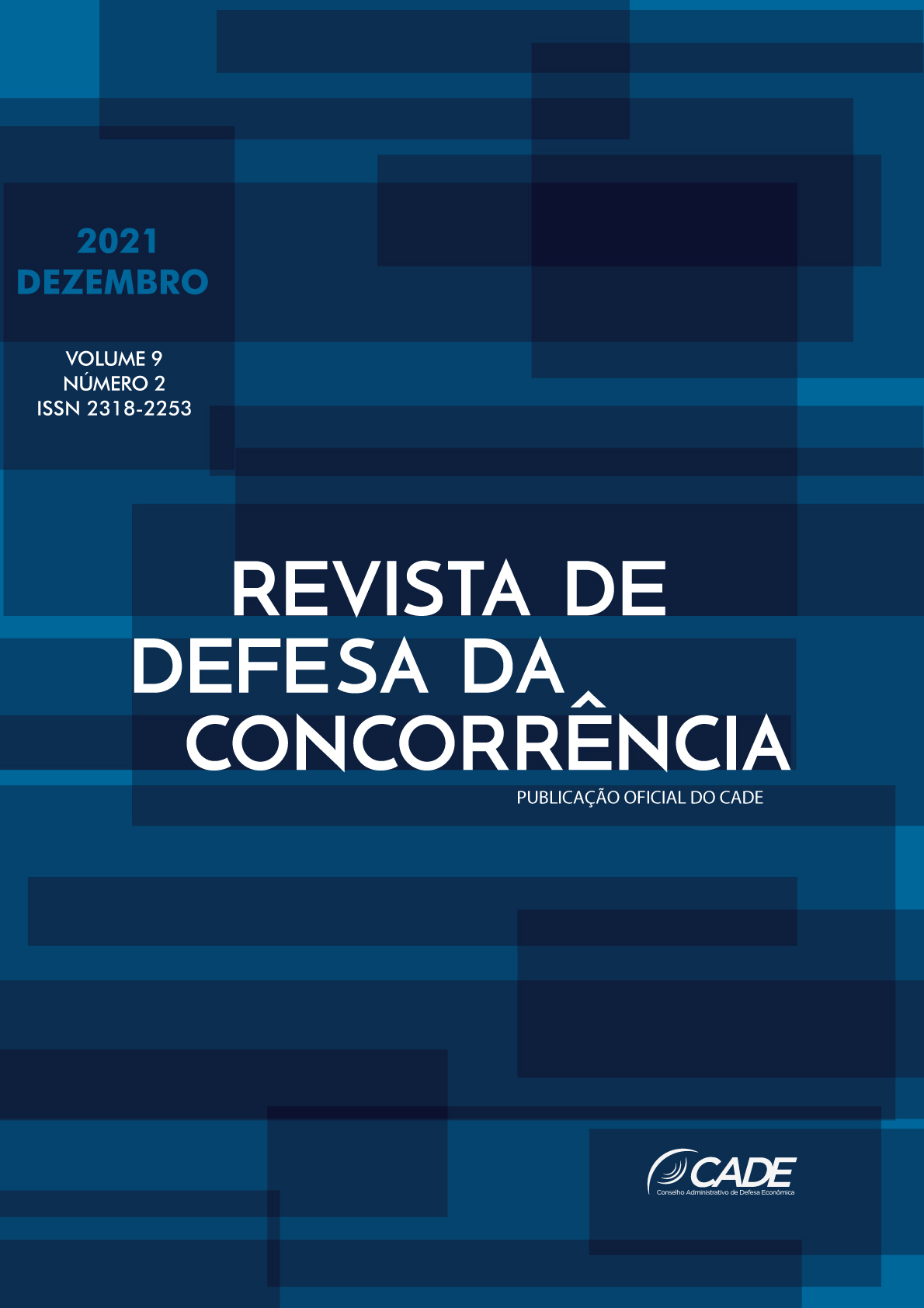A regulação financeira e os determinantes do desempenho e da concentração bancária no Brasil: uma análise econométrica para o período 2000-2017
Conteúdo do artigo principal
Resumo
O artigo tem como objetivo identificar o papel da regulação governamental para a rentabilidade e a estrutura de mercado das instituições financeiras. Para tanto, são estimados modelos de dados em painel, envolvendo todos os bancos que operaram com carteira comercial no período compreendido entre 2000 e 2017. Os resultados apontam que as variáveis diretamente relacionadas à regulação não são estatisticamente significativas para o desempenho bancário. Nesse contexto, revelam-se significativas para a rentabilidade bancária as variáveis relacionadas à concentração bancária e a eficiência das firmas do setor. Já em relação à estrutura de mercado, as variáveis relacionadas com a regulação, tais como a “participação do volume de crédito direcionado” e “as regulações relevantes”, com potencial para geração de barreiras à entrada, são estatisticamente significativas, impactando positivamente os níveis de concentração do setor. Os resultados encontrados sugerem ainda que, apesar de não afetar diretamente a rentabilidade do setor, a regulação interfere indiretamente nesse aspecto, ao contribuir para maior concentração do mercado.
Detalhes do artigo
Edição
Seção

Este trabalho está licenciado sob uma licença Creative Commons Attribution 4.0 International License.
Os direitos autorais dos artigos publicados são do(s) autor(es), com direitos da Revista de Defesa da Concorrência (RDC) sobre a primeira publicação, impressa e/ou digital.
O(s) autor(es) somente poderá(ão) utilizar os mesmos resultados em outras publicações indicando claramente a Revista de Defesa da Concorrência como o meio da publicação original. Se não houver tal indicação, considerar-se-á situação de autoplágio.
A reprodução, total ou parcial, dos artigos aqui publicados fica sujeita à expressa menção da procedência de sua publicação neste periódico, citando-se o volume e o número dessa publicação, além do link DOI para referência cruzada. Para efeitos legais, deve ser consignada a fonte de publicação original.
Por se tratar de periódico de acesso aberto, permite-se o uso gratuito dos artigos em aplicações educacionais e científicas desde que citada a fonte, conforme a licença Creative Commons Attribution 4.0 International (CC BY 4.0).

